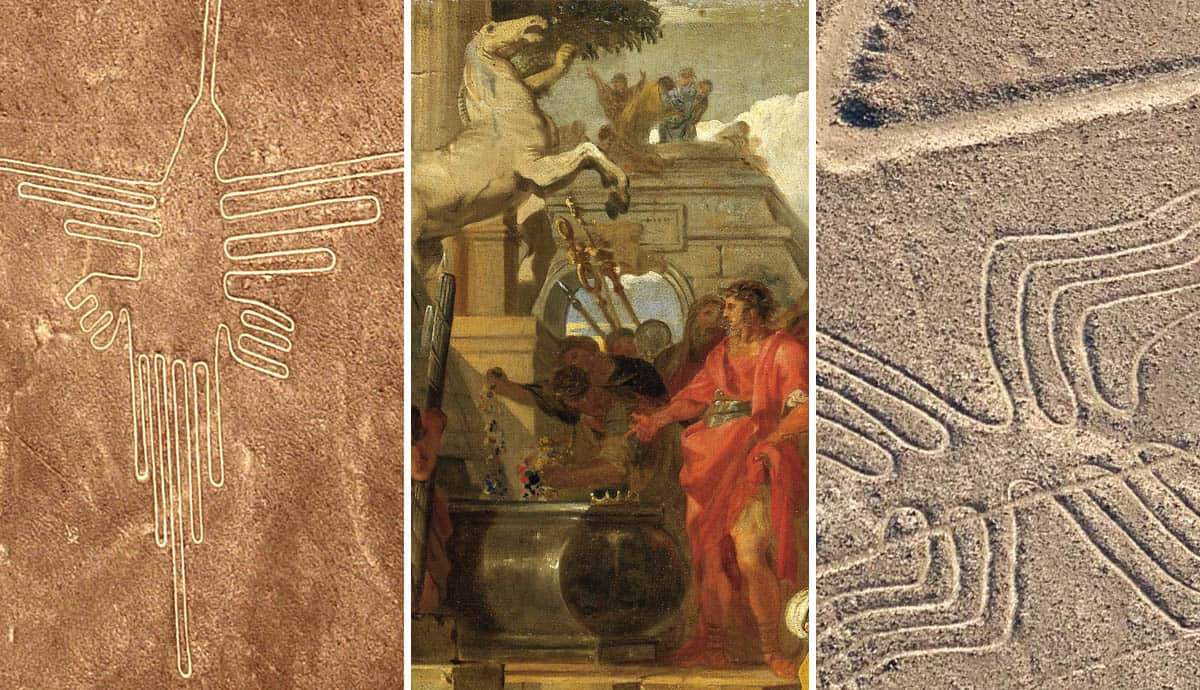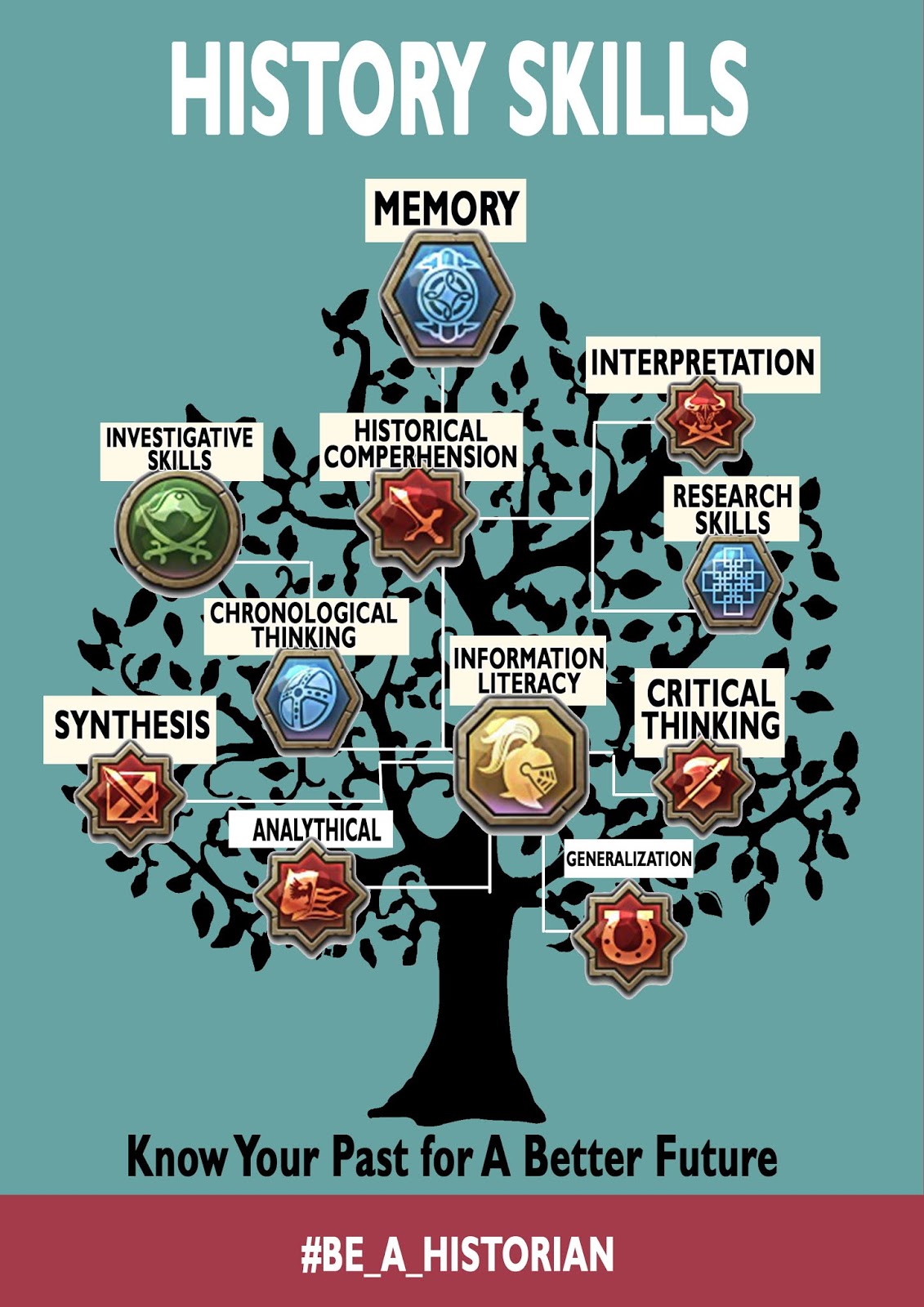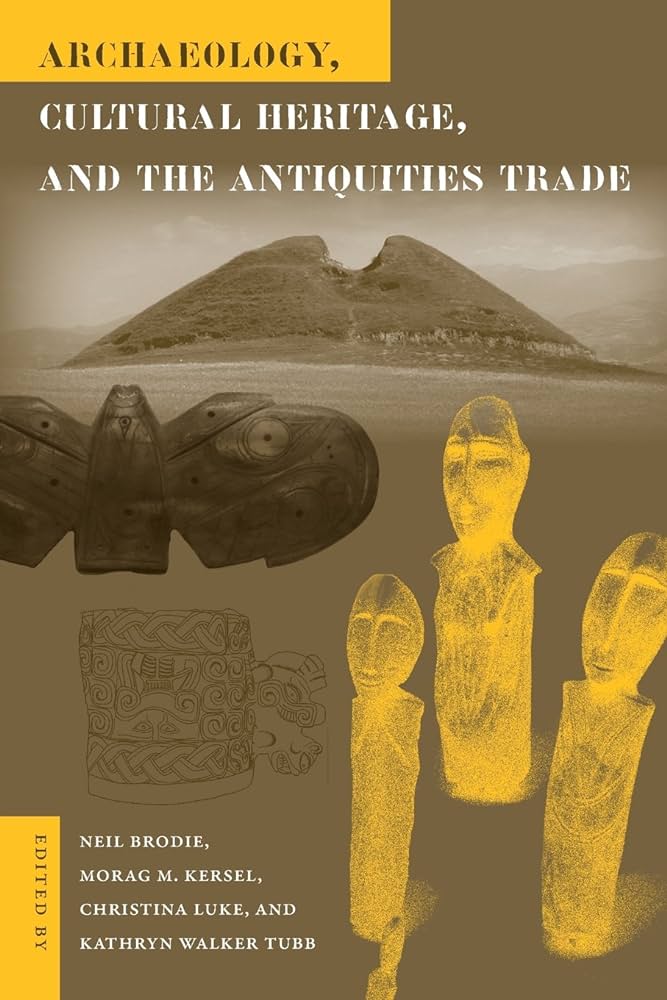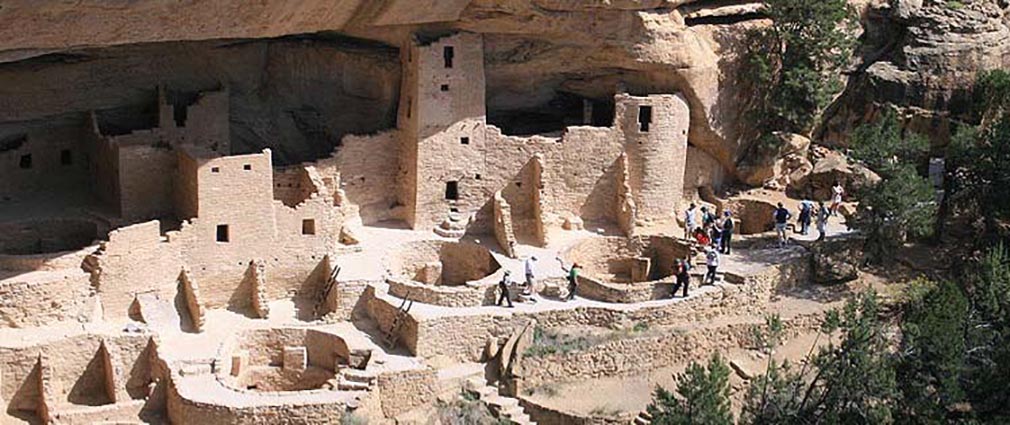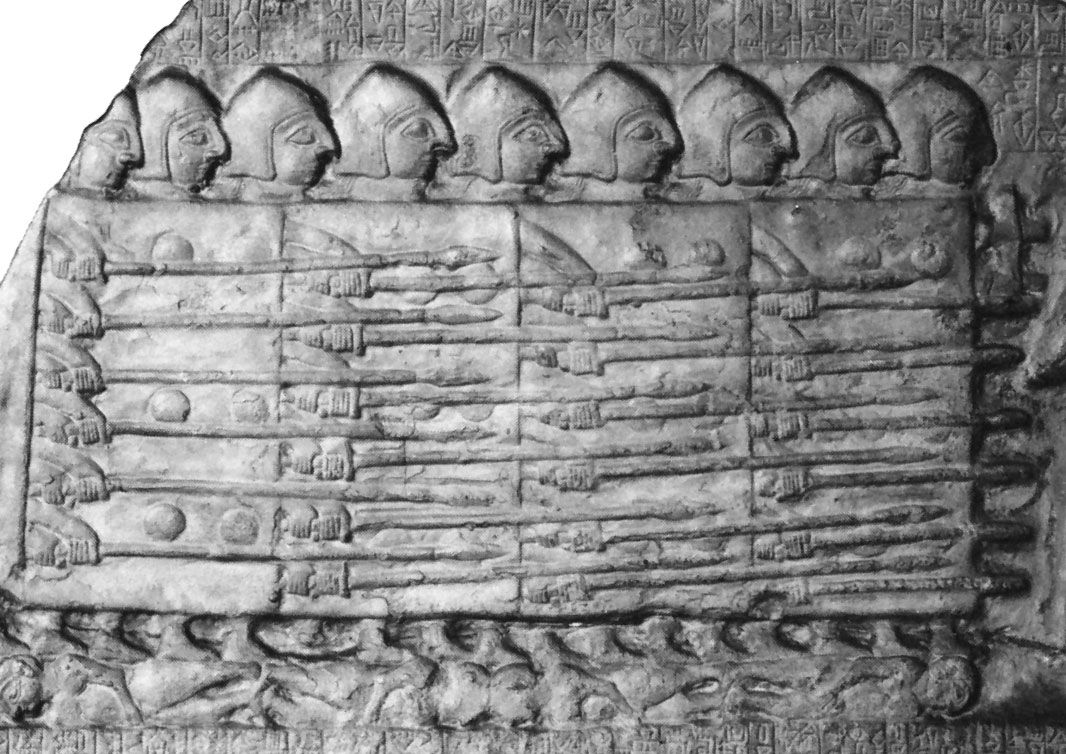Uncovering the Mysteries of Archaeological Theory
Archaeological theory is a fascinating field that helps archaeologists understand the past. From uncovering ancient civilizations to deciphering cultural practices, archaeological theory plays a vital role in piecing together the puzzle of human history. In this blog post, we will explore the basics of archaeological theory, its significance, and how it shapes our understanding of the past.
1. What is Archaeological Theory?
Archaeological theory refers to the various frameworks and models that archaeologists use to interpret and understand archaeological evidence. It helps researchers make sense of artifacts, structures, and cultural practices discovered during excavations. By linking evidence to broader concepts and ideas, archaeological theory allows for the interpretation of past lifeways, sociopolitical structures, and technological advancements.
2. Importance of Archaeological Theory:
2.1. Contextualizing Artifacts:
Archaeological theory helps in contextualizing artifacts within a broader cultural and historical framework. A single artifact may reveal information about the manufacturing process, purpose, and cultural significance. However, by applying archaeological theory, researchers can understand its place within the larger society, trade networks, or religious practices.
2.2. Interpreting Cultural Practices:
Archaeological theory enables the interpretation of cultural practices, such as rituals, economic systems, and social hierarchies. By analyzing patterns in material culture and architectural remains, researchers can gain insights into how these practices shaped and influenced ancient societies. For example, the analysis of burial practices can reveal clues about beliefs, social status, and community structures.
2.3. Recreating Past Environments:
Archaeological theory also aids in understanding the natural environment in which past societies thrived. By examining the ecological processes and human-environment interactions, researchers can reconstruct ancient landscapes, identify resource exploitation patterns, and explore the impact of climatic changes on past cultures.
3. Major Archaeological Theories:
3.1. Processual Archaeology:
Processual archaeology, also known as the New Archaeology, emerged in the 1960s. It focuses on explaining cultural change through scientific methods and the study of human behavior. Processual archaeologists seek to understand past societies by analyzing processes such as technology, subsistence strategies, and social organization.
3.2. Post-Processual Archaeology:
Post-processual archaeology emerged in the 1980s as a critique of processual archaeology. It emphasizes the subjective aspects of archaeological interpretation, including individual agency, power relations, and symbolic meanings. Post-processual archaeologists argue for a more nuanced understanding of past cultures beyond objective scientific methods.
4. Contemporary Developments in Archaeological Theory:
4.1. Gender Archaeology:
Gender archaeology examines the roles of men and women in ancient societies, offering insights into social structures, power dynamics, and inequalities. It highlights the importance of gender as a category of analysis and explores how it intersected with other social constructs in the past.
4.2. Digital Archaeology:
Digital archaeology utilizes technological advancements, such as Geographic Information Systems (GIS), 3D modeling, and remote sensing, to enhance archaeological research. It allows for the visualization, analysis, and interpretation of archaeological data in innovative ways, revolutionizing how we explore the past.
5. Conclusion:
Archaeological theory is a powerful tool that helps archaeologists make sense of the fragments of the past. By providing context, interpretation, and insights, archaeological theory allows us to reconstruct and understand the complex tapestry of human history. It continues to evolve and adapt to new discoveries, enabling us to uncover the mysteries of our collective past.







